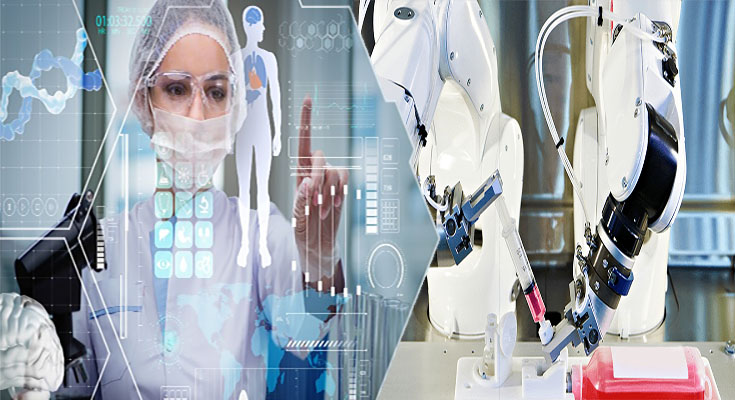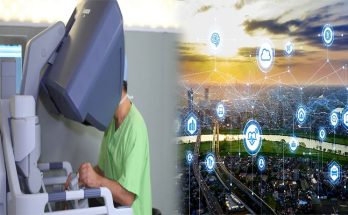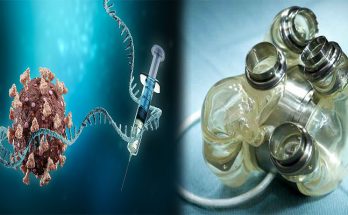Here are some of the medical technologies that will change the way we live and treat ourselves in the years to come. These include AI-based diagnostics, smart watches and Precision medicine. What is next for these technologies? In the years to come, these technologies will revolutionize healthcare. But first, let’s look at what they are.
Precision medicine
Predictive analytics and precision medicine are rapidly advancing in healthcare. This field draws on biomedical and social data collected in the real world, including electronic health records, disease registries, at-home sensors, and claims activities. While some healthcare provider organizations are already well on their way, most are still in the early stages of this transformation.
Precision medicine has the potential to create powerful new discoveries and therapies based on the genetic makeup of an individual patient. For example, the use of molecular pathology in cancer diagnosis is transforming treatment. Molecular tests allow physicians to identify a patient’s genetic risk factors for various types of cancer and identify the mutation profile of their tumors. These results enable physicians to choose the best treatment for the patient.
Artificial organs supply
The artificial organs and bionics market is expected to reach US$54 billion by 2027. The growth rate is estimated to be 10.4% in that period, according to Fairfield Market Research. This growth is attributed to the massive gap in supply and demand for human organ transplantation. However, the market is likely to encounter certain challenges owing to the long waiting list for organ donors and the contradictions between organ donation and artificial organs.
This report examines the market for artificial vital organs and medical bionics. It identifies the market drivers, barriers, opportunities, and challenges, as well as revenue growth projections.
AI-based diagnostics
Among the various types of medical diagnostics, AI-based diagnostics are a promising technology for healthcare organizations. These technology solutions enhance the accuracy and precision of diagnostics. These innovative solutions combine various data sources to identify and evaluate diseases and their progression. The AI-powered augmented diagnostic solutions are an example of such technologies.
AI-based diagnostics are used to aid physicians in making diagnosis and treatment decisions. They can be used to diagnose and manage a variety of diseases, from cancer to cardiac arrhythmias. The increasing prevalence of chronic illnesses is one of the factors driving the growth of this technology. In addition, AI-based solutions are expected to increase the speed of healthcare delivery and enhance physician judgment.
Smartwatches
As the use of wearable technologies expands, the medical field will be able to better monitor a patient’s health and alert physicians if there are changes in their condition. Wearable devices can track heart and blood pressure information and communicate that data to a doctor. The Apple Watch, for example, can detect signs of heart disease and send an alert to a doctor if the patient falls ill.
Smartwatches with medical technology are still a few years away from reaching their full potential, but they do offer a number of benefits for the wearer. One of these benefits is the ease of use. While medical alert devices can be uncomfortable to wear, smartwatches are more comfortable to wear.
AI-based data services
AI-powered data services in medical technologies will enable doctors to focus more on diagnosing and treating patients. A doctor spends around eight hours per week on administrative work, so this technology will help doctors free up that time to focus on more clinically complex tasks. In addition, AI-powered solutions will empower medical staff with the ability to identify and respond to risks before they develop into larger problems. This can lead to improved patient satisfaction and lower healthcare costs.
Some companies are already testing AI-based data services in medical fields. For example, one startup, Caption Health, has developed an algorithm to help doctors identify early disease using ultrasounds. Another company, Glooko, is working with Novo Nordisk to use AI to provide personalized diabetes monitoring tools for patients.





